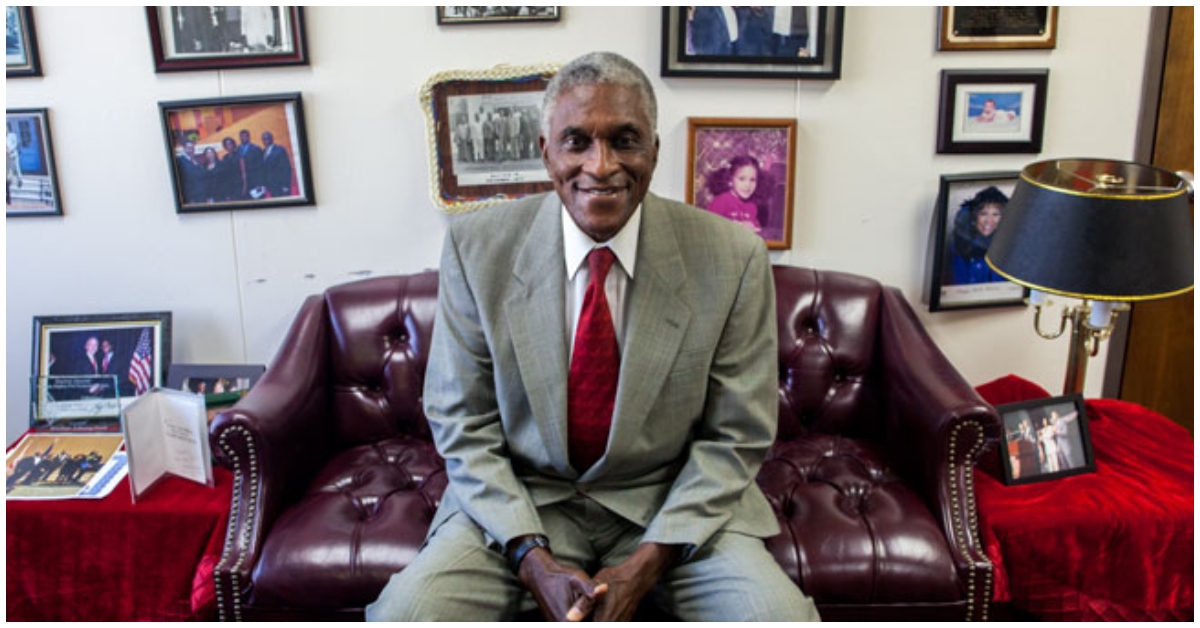Overcoming Voter Suppression for Historic 1972 Election
Johnny Ford made history in 1972 when he was elected the first Black mayor of Tuskegee, Alabama. However, he first had to confront systemic voter suppression in the predominantly Black city.
White officials deliberately limited Black voter registration by only opening offices during summer when the Tuskegee University student body was away.
In a creative solution, Ford rallied the football team and band who stayed for summer practices. When officials still refused to register them, Ford sued for violating the Voting Rights Act. A federal judge ordered the registrars to sign up over 150 Black students, paving Ford’s narrow victory.
8-Term Mayor and State Legislator
Ford ultimately served 8 nonconsecutive terms as Tuskegee’s mayor over a period spanning 1972 to 2016. His achievements include co-founding the National Black Mayors conference to collaborate on community programs nationwide.
After losing reelection in 1996, Ford pivoted to state politics as a representative in Alabama’s legislature. There he became the first Black Republican member since Reconstruction in 1903. When he returned as mayor in 2004, Ford focused on honoring Tuskegee’s heritage.
Voting Rights Advocate Against Discrimination
Now in his 80s, Ford remains an outspoken critic of racist barriers to voting in Alabama. He strongly condemned the state’s stringent voter ID law requiring photo identification as deliberately obstructing Black voters.
Ford also denounced DMV closures in majority Black counties as a ploy to stifle access. Having overcome suppression himself, he continues demanding full voter enfranchisement. As Ford powerfully declared:
“I will die first before I let the governor, the attorney general or anyone else violate my voting rights.”





